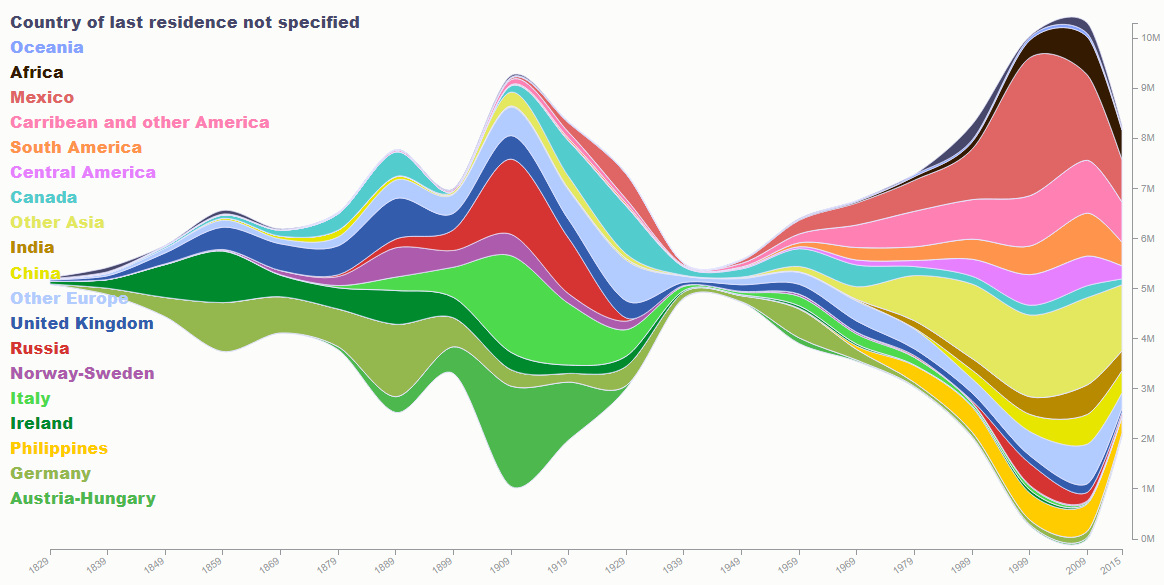While the US economy in aggregate might be doing better than EU or Japan, I think there are other factors that are not doing so well. For example, life expectancy has gone down recently and is behind the rest of the developed world. Infant mortality has also been rising. The political system is also dangerously fractured right now, with the Republican party being overrun by MAGA morons who push extremist domestic policies and could potentially cause a global catastrophe if they get enough domestic power. Another problem is immigration, which has been declining.
If China can achieve successful growth when US had overwhelming economic advantages, why can't the US also achieve healthy growth with a strong China? I find this type of black or white thinking unrealistic. I believe both economies will eventually learn to work with whatever economic balance they arrive at.
They're doing miles better than UK or Japan, I'll give them that any day on the week. They're basically doing as good at their best as China at its worst. Which sounds bad but it's absolutely not bad for the no2 economy.
If China can achieve successful growth when US had overwhelming economic advantages, why can't the US also achieve healthy growth with a strong China? I find this type of black or white thinking unrealistic. I believe both economies will eventually learn to work with whatever economic balance they arrive at.
Last edited:

